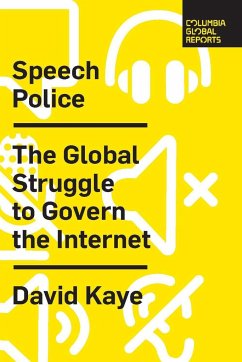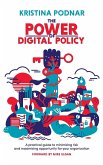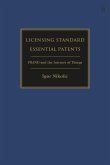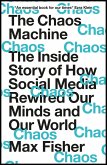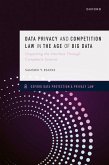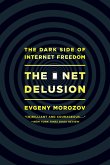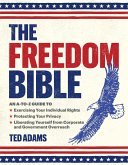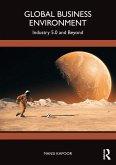"The Internet was designed to be a kind of free-speech paradise, but a lot of the material on it turned out to incite violence, spread untruth, and promote hate. Over the years, three American behemoths--Facebook, YouTube, and Twitter--became the way most of the world experiences the Internet, and therefore the conveyors of much of its disturbing material. What should be done about this enormous problem? Should the giant social media platforms police the content themselves, as is the norm in the U.S., or should governments and international organizations regulate the Internet, as is the call in parts of Europe?"--Publisher's website.
Hinweis: Dieser Artikel kann nur an eine deutsche Lieferadresse ausgeliefert werden.
Hinweis: Dieser Artikel kann nur an eine deutsche Lieferadresse ausgeliefert werden.

